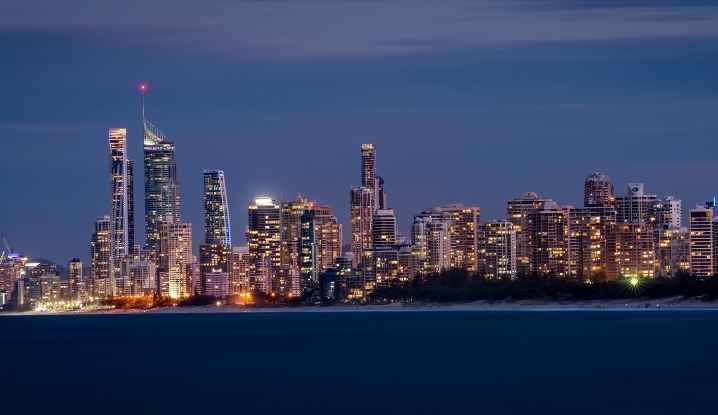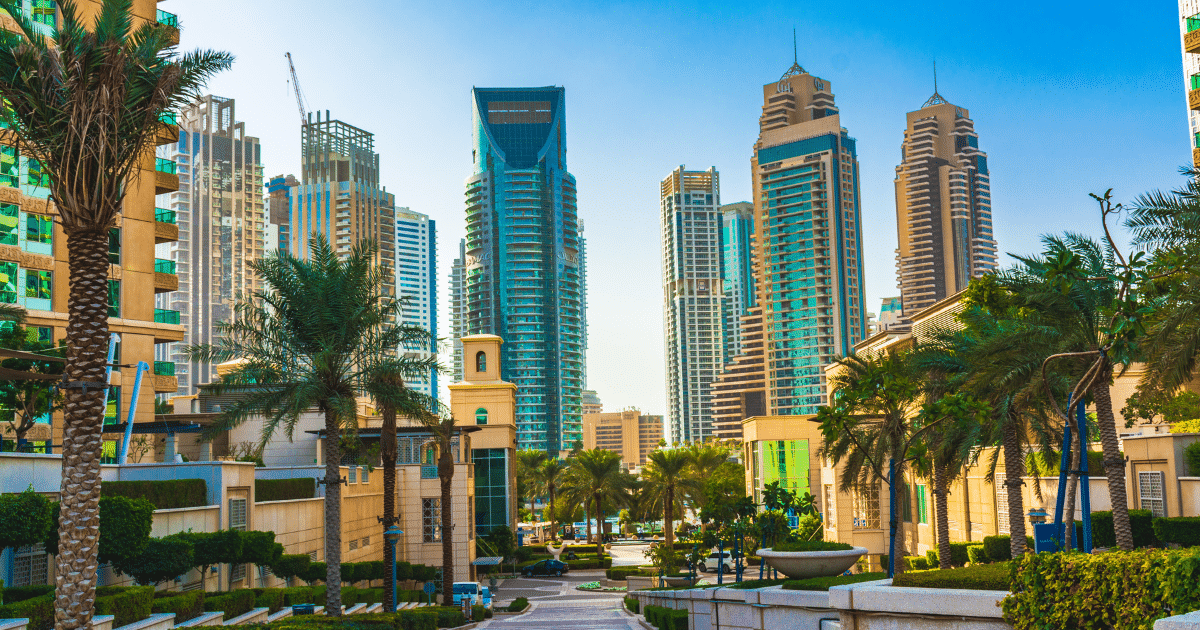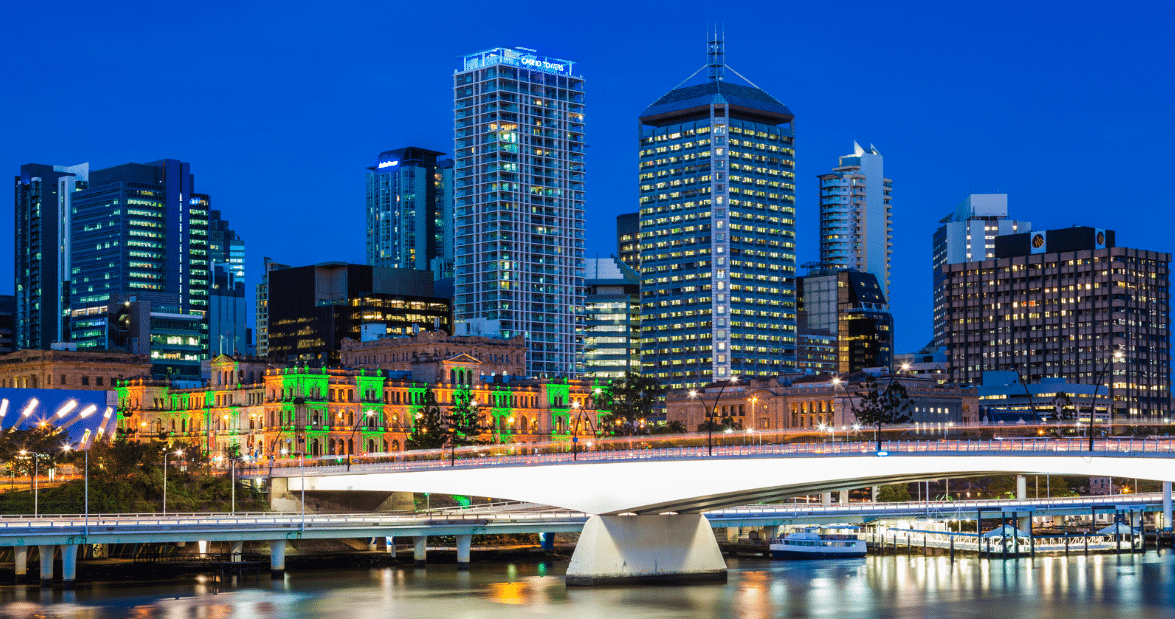New Zealand is set to gain thousands more migrant residents than originally forecast under the government’s “fast-track” residency visa.
In September 2021, New Zealand’s Immigration Minister Kris Faafoi announced the Residency visa – a fast-track pathway to residency for migrants who were already in New Zealand on temporary work visas last year.
Although a total of 165,000 migrants were expected to be granted New Zealand Residency via this pathway, the actual number of Residency visas being granted could exceed the forecast by an additional 60,000 places.
Under the original estimates of 165,000 Resident visas, New Zealand anticipated 110,000 migrant workers and around 55,000 dependent family members applying for the one-off Residency visa.
However, the number of dependent family members who have applied for the Residency visa has significantly exceeded government forecasts.
Almost 87,000 dependent family members have submitted applications for New Zealand residency via the one-off Residency visa, according to Carolyn Tremain, chief executive of New Zealand’s Ministry of Business, Innovation and Employment (MBIE).
In addition, over 170,000 Residency visa applications have been submitted in total by skilled migrants and their dependent family members.
According to National Party immigration spokeswoman Erica Stanford, such a high number of applications already submitted to Immigration New Zealand (INZ) could mean the number of people likely to be granted residency in New Zealand through this pathway could exceed MBIE’s forecast by about 60,000.
Moreover, with several months of the residency scheme still remaining, it looks increasingly likely that the forecast will be exceeded.
Addressing the forecast, Immigration NZ labour policy manager Ruth Isaac said the 165,000 places mentioned last year was just an estimate based on previous experiences.
She also said some of the factors that influenced the final numbers were unknown at that time, which is another reason why the initial estimate was not higher.
One such factor was the exclusion of some critical workers or dependent family members who would qualify for the Residency visa but were not in New Zealand at the time.
She mentioned that the bulk of the residency applications have already been submitted, so it is likely that the applications will gradually tail off.
Around 30,000 people have been granted residency in New Zealand with the Residency visa so far, with the scheme set to close at the end of July.






